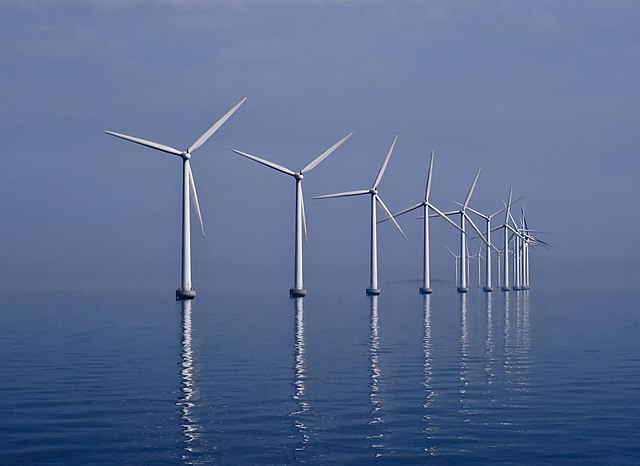
Energy and the Environment
A student may ask us:
Where do I look to find information for my academic research project on energy and the environment?
We might reply:
That depends what specific types of energy you are researching.
For example, the student might be preparing an academic research paper or thesis on fossil fuels, a term that usually refers to oil, coal and natural gas or other non-renewable resources formed when prehistoric plants and animals died and were gradually buried by layers of rock.
If fossil fuels are the focus of the student’s research then we might explain:
Try looking at the website https://www.energy.gov for information about clean coal research.
Energy.gov is the official website of The United States Department of Energy (DOE), a cabinet-level department of the United States Government concerned with United States policies about energy and safety in handling nuclear material.
In its Science & Innovation section, the Office of Clean Coal and Carbon Management describes ways of using fossil fuels that do the least relative damage to the environment and planet earth.
The student may wonder:
Are there any other websites that have official information about fossil fuels?
We might answer:
You might also look at the website of The Environmental Protection Agency (EPA), an agency of the United States federal government with the mission to protect human and environmental health.
On the EPA website it is possible to find data about generating electricity from coal as well as hydraulic fracturing background information.
Hydraulic fracturing, informally referred to as fracking, is an often-criticized oil and gas well development process that typically involves injecting water, sand, and chemicals under high pressure into a bedrock formation via the well.
If the student next inquires,
Where can I find the latest news from a reliable source about oil and gas research?
We may say:
Go back to Energy.gov, the official website of The DOE.
The website includes useful facts about the agency’s engagement with international partners:
Fossil Energy’s Oil and Natural Gas Office actively participates in several global partnerships and initiatives:
U.S.-China Oil and Gas Industry Forum: The Office of Fossil Energy and China’s National Energy Administration have held the annual U.S.-China Oil and Gas Industry Forum since 1998. The Forum is a public-private partnership involving government and industry representatives from the United States and China and focuses on the development of secure, reliable, and economic sources of oil and natural gas while facilitating investment in the energy industry.
U.S.-India Gas Task Force (GTF): The Office of Fossil Energy and India’s Ministry of Petroleum and Natural Gas are the lead government agencies for the U.S.-India Gas Task Force (GTF), an industry-focused forum that identifies innovative policy reforms to support India’s ambitions to transition to a natural gas economy, as well as lower market barriers in India for U.S. natural gas and related technologies. The GTF is an initiative under the U.S-India Strategic Energy Partnership launched in April 2018.
If the student still wants to know more, asking:
What about oil, crude and petroleum products?
Our reply:
There is always The U.S. Energy Information Administration (EIA), which collects, analyzes, and disseminates independent and impartial energy information to promote sound policymaking, efficient markets, and public understanding of energy and its interaction with the economy and the environment.
The EIA website contains lots of data about oil and petroleum products.

(All images courtesy of Wikimedia Commons)
